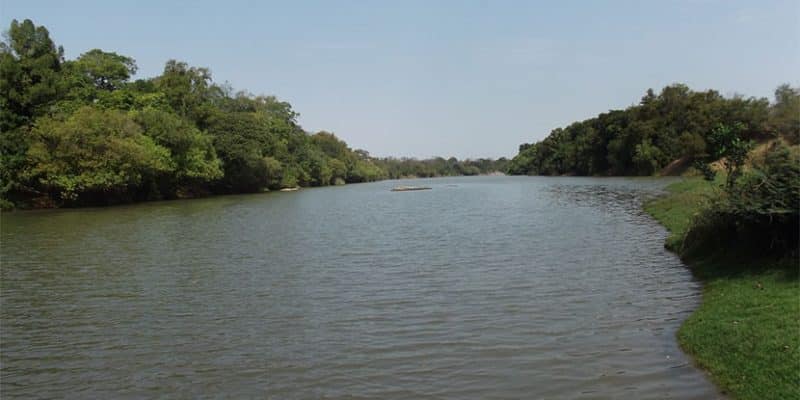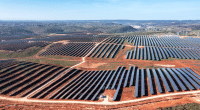The Council of Ministers of 28 September 2022 in Ivory Coast has just given its verdict. Among the projects adopted, the draft law on the Water Code, which is based on the rationalisation of the resource at a time when climate change is dictating the law.
In Ivory Coast, the persistent effects of climate change are pushing the government to strengthen its resilience strategies. Thus, on 28 September 2022, a draft law on the Water Code was adopted by the Council of Ministers.
This is not new legislation, but a revised version of Law No. 98-755 of 23 December 1998 on water.
98-755 of 23 December 1998 on the Water Code in Côte d’Ivoire. The updating of this text was the subject of a call for tenders launched in May 2022 by the Ivorian Ministry of Hydraulics. In its article 89, the Water Code specifies that “in the event of drought or an accident likely to cause a water shortage or flood, the competent authorities are empowered to take all measures to store or withdraw water”. The future Water Code will adapt to the current context.
Read also –
Thus, the text provides for the conditions of a rational and sustainable use of water resources, improves the framework for the preservation of sites and wetlands against the effects of climate change and sets new rules for the enhancement and restoration of surface water, groundwater and territorial sea water, the quality and quantity of which are seriously impacted by the aggravation of climate change. The revised Water Code also reorganises the institutional framework of water policing and introduces new offences with heavier penalties, “in view of the vital nature of water and its belonging to the national common heritage”, says the Ivorian government.
The revision of the Water Code is also justified by the evolution of general and international standards relating to the protection and conservation of water resources and aquatic ecosystems.
Inès Magoum






